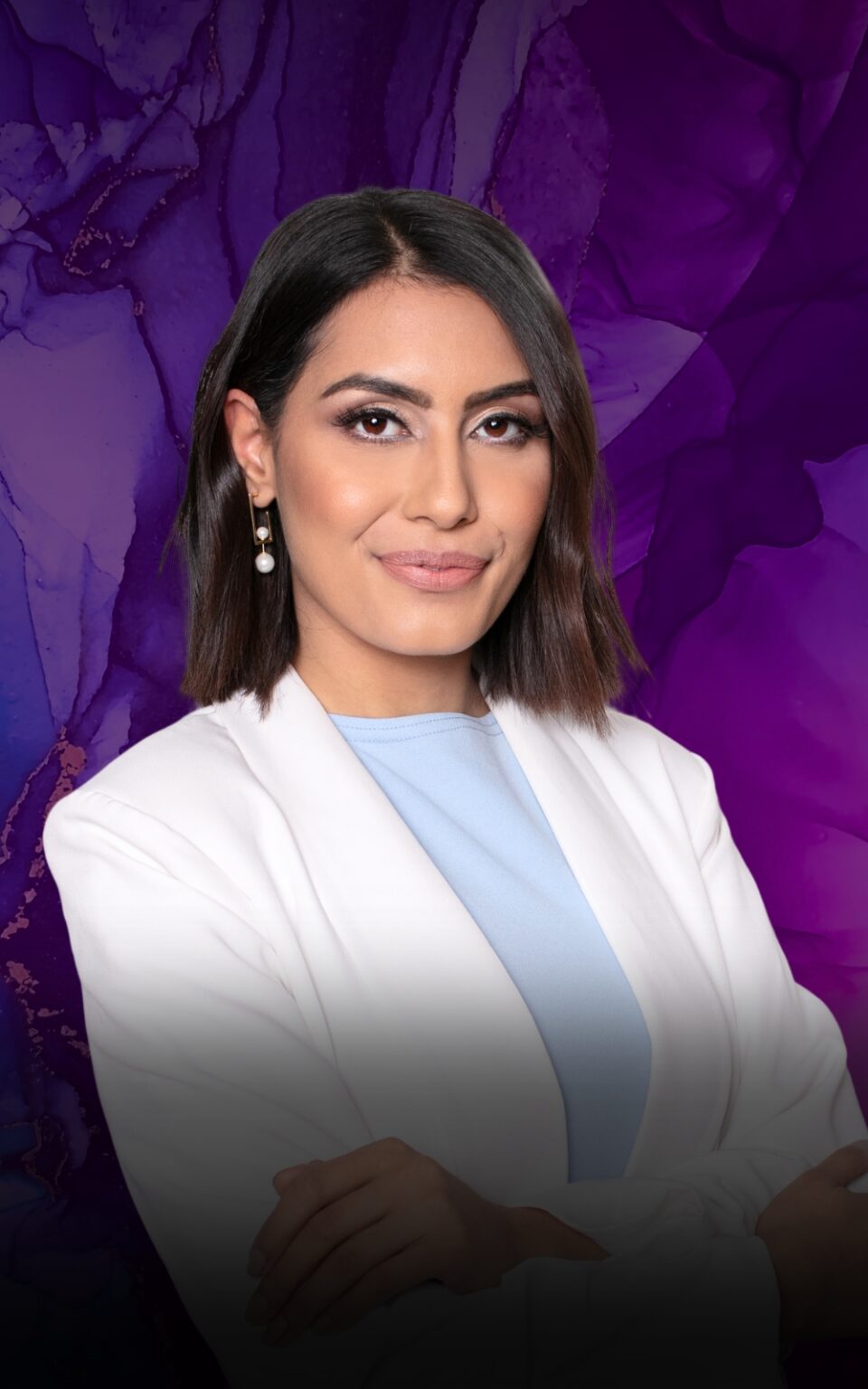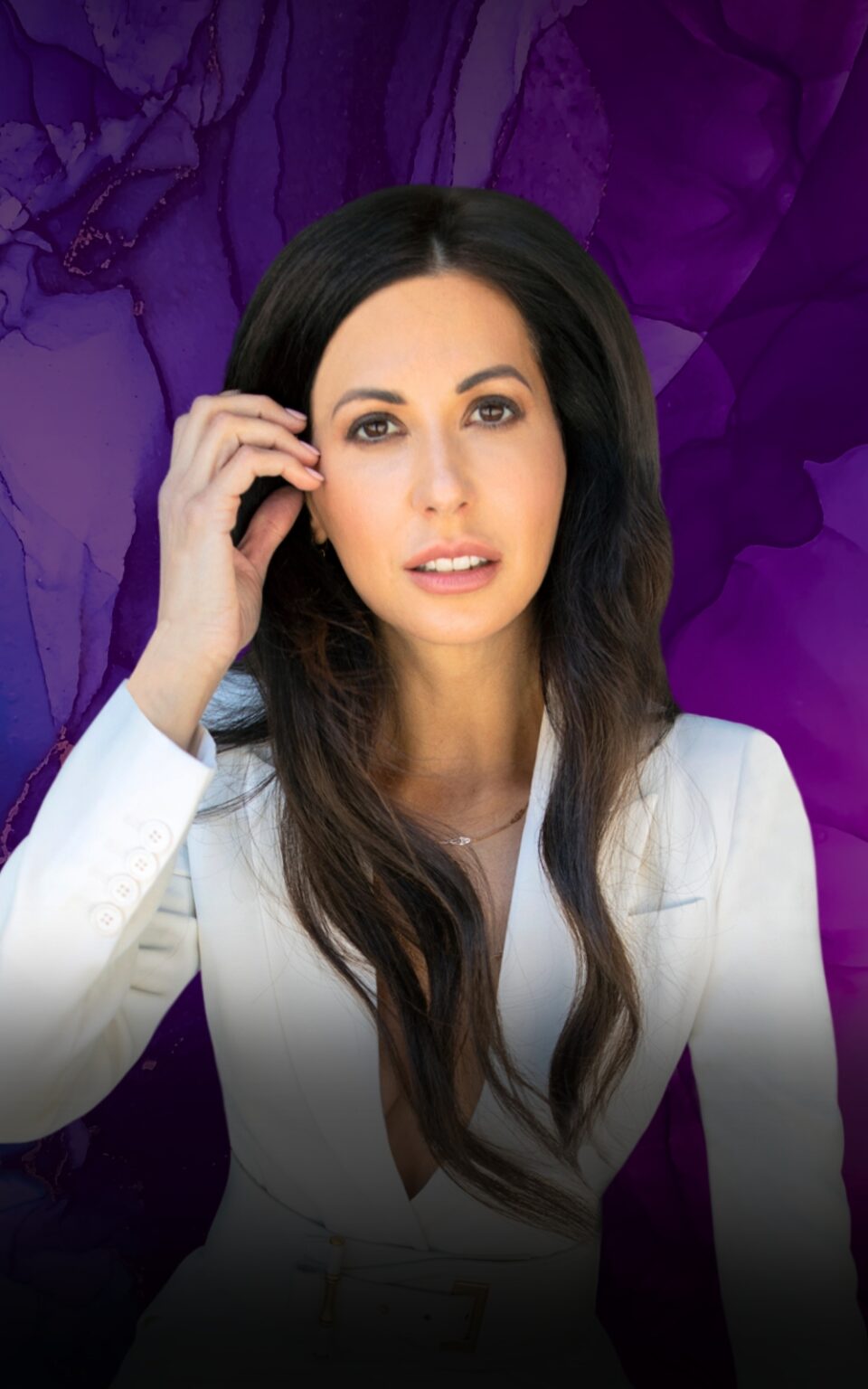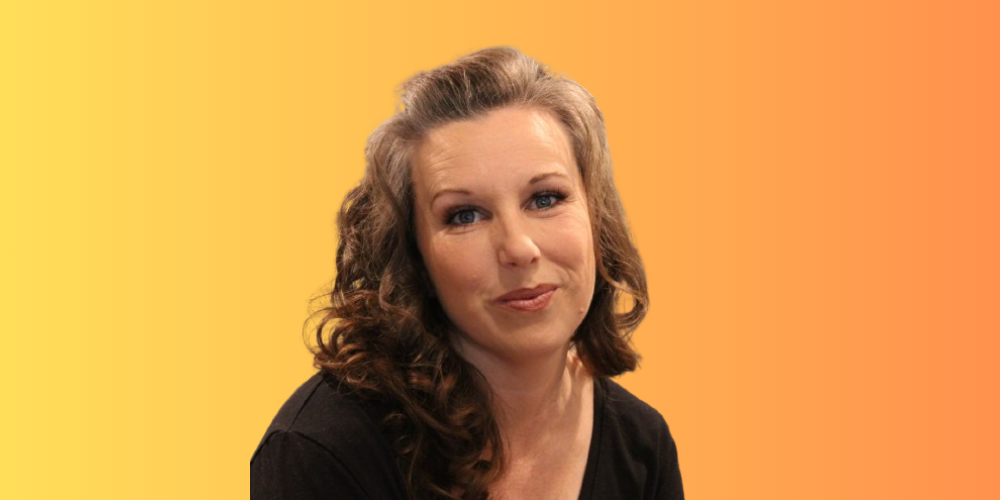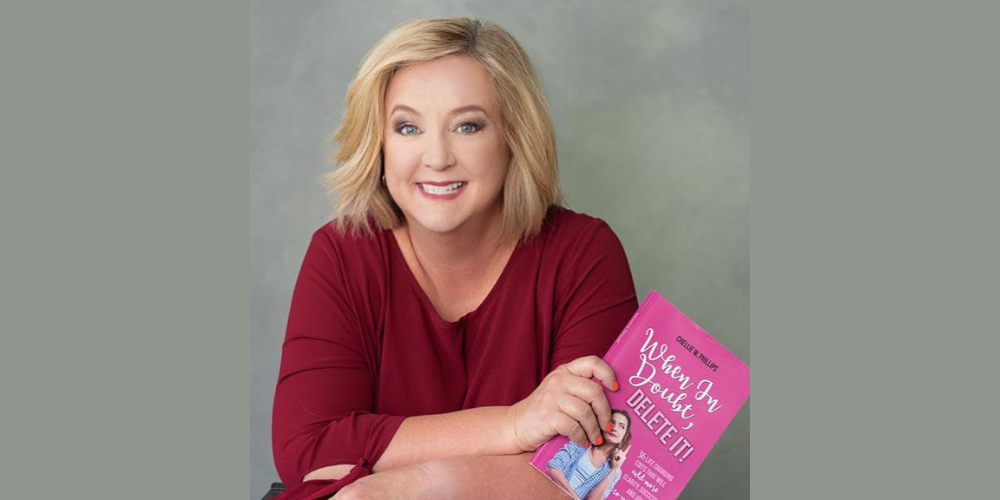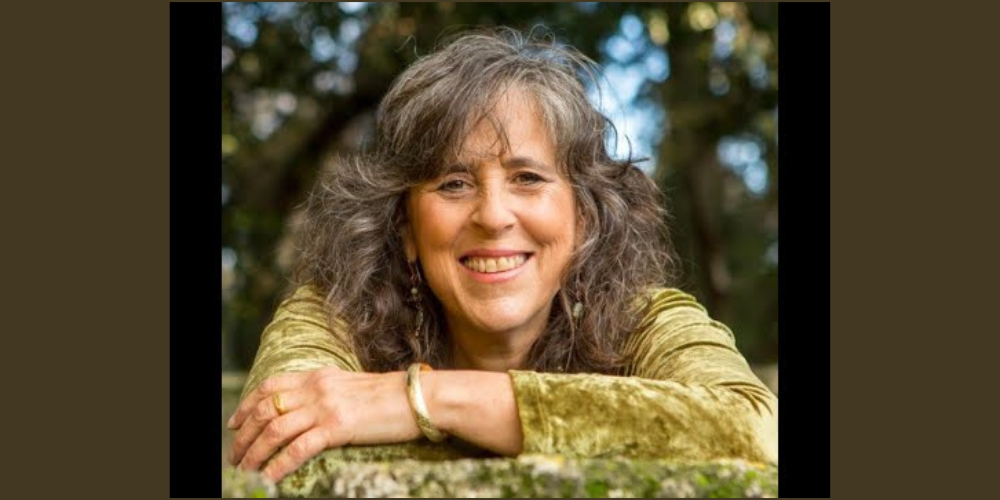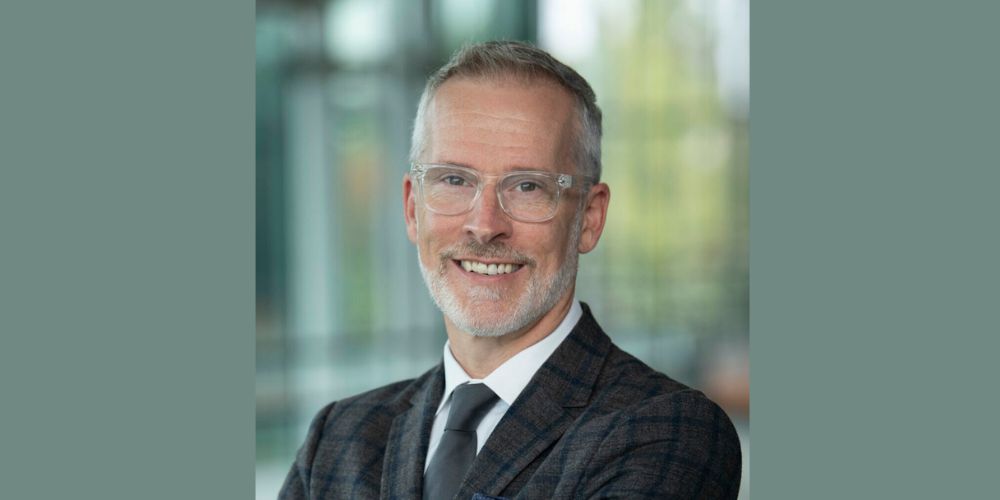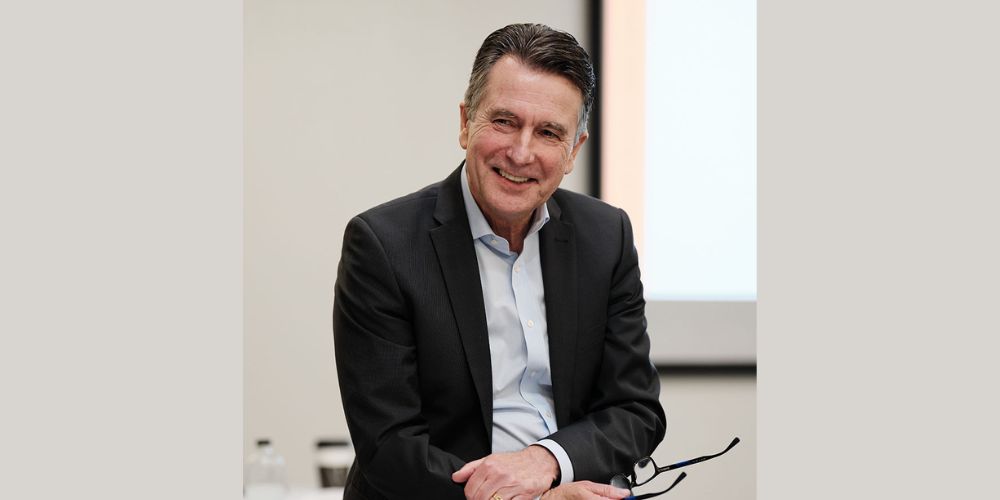Raj Girn: Hi, guys, thanks for tuning into another great episode of the `Transform Your Confidence Show.` In this week’s theme of Leadership and Advocacy, part two of my two-part series is entitled `Why We Need More Holistic Leadership in Media.` I speak with one of today’s most revered media leadership executives, Kirstine Stewart.
Here is Part Two of our conversation:

Raj Girn: The gig economy. That’s got to be the most difficult thing to lead, considering you’re constantly onboarding new people that has created this whole kind of idea of needing to onboard people, which wasn’t so much the thing a generation ago.
Kirstine Stewart: And then with the pandemic, we’re all sitting at home and we’re distant. Like how do you lead in a world where I’m sitting in my couch and you’re sitting on your chair and we don’t get to sit or stand around watercoolers necessarily and bond in those ways that we could, or share ideas or talk across the desk and say, “Hey, Raj, have you thought about this?” or “How’s it going on that project? That’s not possible anymore. And in the beginning, when you talk about bad leadership or bad management, I would hear these stories, particularly of people in younger ages and more junior roles being told to leave their cameras on all day so their bosses can be sure that they were working. Like what an invasion and what a lack of trust.
And so sad to hear that this is the state that we got to very early on in the pandemic. I think things kind of evened out because nobody can maintain that kind of sense of control. But it just kind of points to questions how we work moving forward when you don’t have longevity and in a career, you don’t have longevity in a workplace and you also don’t have proximity in that workplace currently. And I don’t know that we’re ever going to get back to the same kind of proximity that we had pre-pandemic because there’s many benefits now that people have found to working at home. That there have been efficiencies, there have been better ways of working. So how we lead and manage through this is a whole other skill set that’s going to have to be developed.

Credit: @CNW Group/TribalScale
Absolutely. I feel that has a lot to do with the whole idea behind holistic leadership. What does that mean and what does it include? And is it something that allows you to stay on track with the mission of the company but keep things flexible? Or is it going to stay the way it has been in the past? Or like, are we going to be reinventing the wheel? I mean, time is going to tell. We’re living in very interesting times from that perspective. So let me ask you this. What are some things that people should consider when looking to lead effectively, right now with what we know?
It’s interesting. I’ve even heard leaders having to start their new roles in this pandemic. So they’ve never physically even met the person or the team that they are responsible for. And what a challenge that has been. And so I’ve asked them I’ve said, like, how how is it working for you? What do you do? And some of the ways that people have been able to make sure that they’re connected against all the connections. We were talking about that since the beginning. Keeping that connection strong means actually meeting people where they are. And we talk about that in lots of situations and sentences, but never more important than now where meeting where you are is distant and bridging that gap and feeling more connected means doing what it takes to accommodate the person that you’re trying to to help.
Like ultimately, we’ve heard through the pandemic, it’s been quite devastating to see the impact, particularly on women in the workforce. And they talk about them dropping out of the workforce when I don’t like to call it dropping out. I like to call it being forced out because ultimately it would not be their choice to step back. They’re being forced to step back and drop down on their hours or drop out of the workforce completely because of the situation at home. And so I think for a manager or a boss in these moments, it’s kind of our responsibility to step even beyond what we would normally use as regular measures of performance and what your reputation is to what what good work looks like and look more to output than look to how people get it done, look at what is done.
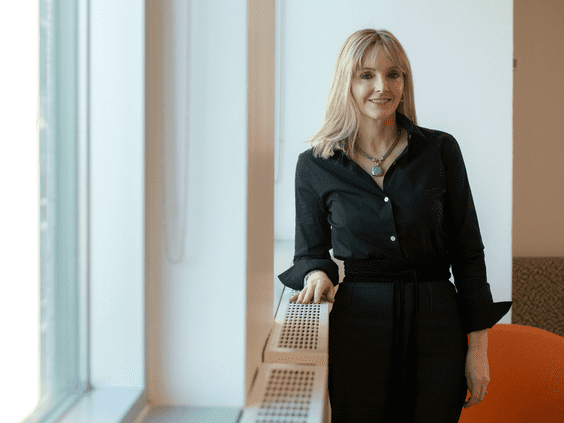
And try to empower someone or enable them and support them in whatever way it takes. If it means that you’re going to have to let somebody on your team do all their work after hours because it turns out that in their tiny apartment where they’re splitting it with three other people, there’s only so much room at a desk or table that could be substituted as a desk at any given time. You’re going to have to allow that. If it’s a matter of the kids are having to do home schooling and I’m going to be the only teacher, then you’re going to have to allow, again, flexibility is going to be key. And so I think we learned a lot of that. And I think what’s what has been a pleasant surprise for a lot of businesses, we have not seen efficiency suffer. There have actually been higher levels of productivity. There’s been, unfortunately, increased burnout because of that. They’re seeing a huge amount of workforce burnout through the pandemic, through people just going from Zoom meeting to Zoom meeting to not quite knowing how to delineate between work and life at home and not at work when home is your work. It’s been challenging. But I think ultimately the responsibility of a manager or a leader is to meet people where they are and understand what their situation is and accommodate. I think that’s really the only way we can get through this.
“The responsibility of a manager or a leader is to meet people where they are and understand what their situation is and accommodate.” ~Kirstine Stewart
Absolutely. So in an ideal world, what should leadership be? Like, anyone that’s tuning in, they’re getting ready to kind of go into a position of responsibility. To me leadership means being in a position of responsibility. So literally, everyone down the food chain has that position. Everyone needs to be a leader in their lives. What are your thoughts around that?
I think you’re right. And sometimes we don’t recognize it enough. And that’s when it leads to the frustration of people who feel like they’re not getting ahead or moving ahead. Understanding that you contribute in everything that you do and that it really does take a team. Like I love… You know, I’ve had the experience of working globally in different offices. Culturally so many places are different. And the one thing I’ve loved particularly about working in the States is this kind of sense of building… Like a team is literally like a football team. Like there’s quarterback. There’s a receiver. There’s the coach on the sidelines. There’s the owner up in the box. Yes, there’s a hierarchy and everyone has their place, but nothing works without the other. Yes, you may have a star quarterback, but if the receivers isn’t working then it doesn’t matter. The decisions that the coach makes on the sideline doesn’t matter if the people can execute them. If the coach can’t do his job. If they’re not supporting him or giving him what he needs to build the right team. So I think it’s really obvious that the more complicated work gets and the more businesses are having to redefine what success looks like, even on a bottom line or financial basis, it really is the challenge of good leadership to figure out how to tap into their teams in the most effective and efficient way to support a common goal and then to support common success. I think that’s where you want to get to and to achieve in the end. How can we all share in the success?
“The coach can’t do his job if they’re not supporting him or giving him what he needs to build the right team.” ~Kirstine Stewart
Absolutely. So much more I want to talk to you about leadership but I want to also, since I know I’ve taken a lot of your time already, and I want to be able to talk a little bit about the media side of things. Just because I’m a firm believer that leadership and being your own media house are two things that you have no choice but to be today if you are in business. So, what is the role of media?
Well, that’s interesting, right? I think you are a great example of it, Raj. Like I think you have built your own mini empire and I think that’s a great thing. You have taken the tools that you have available to you, you found them, and you’ve turned them on, switched them on and found a way to, again, connect to audience with stories. And I think that never has there been more demand for content than right now. This was growing before the pandemic, the pandemic just accelerated it. Now that we’re all in lock down and stuck on couches, never has there been more a need for information, content and entertainment. And I think the opportunities out there, technology, growing along with it at the same time, has suddenly opened up and enabled all this opportunity for people to create content and stories in a way they couldn’t before.
So the definition of media, media has gone from a very one way communication broadcast kind of sense of somebody making a decision and an executive leader, which is what my job is to be, to decide who gets to watch what, who gets to make what. And now that anybody can watch whatever they want and now that anybody can make whatever they want, it’s just a matter of the technology being able to enable that connection of the story to the creator, to the consumer, which has now happened, that it’s really fertile ground now for all of these stories to just flourish. And I think folks like yourself, Raj, whether you’ve done it through magazines, through podcasting, through these kind of stories that you tell… To be able to, again, tell a holistic media story around what what you want to impart, that’s an amazing success story. It takes skill and it takes gumption and it takes ambition. But there’s never been more opportunity to do so if you have those elements behind you.
Absolutely. So, Kirstine, what would you say are some things that people should consider when utilizing media content? You touched upon that the storytelling piece, because that’s kind of the center of the universe. You know, the nucleus of why you should even be using media content today. When you’re looking to prospect or engage an audience, and there’s so many different reasons why people… what conversion means to them. So I’m not going to tap into that. But what would you say? Like how does media content and storytelling factor into the prospecting and the engaging of audiences or any kind of conversion touch point that someone’s looking to accomplish from a business standpoint?
Well, ultimately, I think everybody is a content creator today, everybody is in the media business. You know it wasn’t too long ago you had digital businesses and non digital businesses and then everybody became a digital business. Now, I think you had media and content companies and then you had the other. Now everybody, from brands to distributors, everyone understands the need to be in the media and content business. And so, again, if you’re telling stories what the important piece and element is, you can tell, a story well, you can tell a story with a very high budget, you can make something very slickly produced, all of the technical aspects are there. But if it’s not told authentically, if it’s not told rooted in trust, then it will fall flat. And so I think audiences give storytellers a huge berth when it comes to how a story is told.
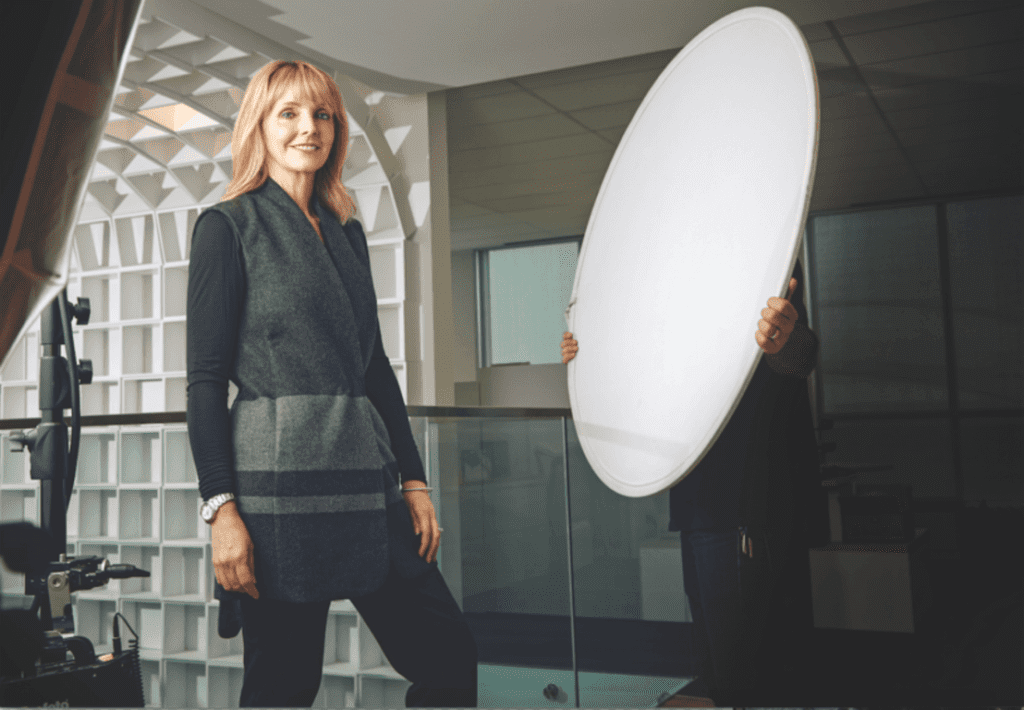
We watch things on phones that are made for two cents. We watch really expensive, high-end really technical feature films in theaters or on our screens now at home. But we have a really wide scope of what we’re willing to accept as entertainment or as content. The common piece to all of those stories and why they are successful is because they feel authentic to me as a viewer, as an audience. And so whether that audience is what we consider to be the kind of usual version of audience, which is a bunch of people sitting at home or sitting in a movie theater, or whether that audience is your business client or whoever you’re trying to tell your story to, authenticity is incredibly key to making sure that that message connects, resonates and sticks.
Absolutely. So we’ve got leadership. We have media. We understand both of these need to be dialed in, especially today. How do we do that, Kirstine? I mean, the big million dollar question, right? How do we make that connection happen between the two?
Well, I think we’ve been talking a lot of common themes here. We’ve been talking a lot about empowerment, that really it’s a matter of tools and opportunity and you know, where we are today that’s actually empowering people to perform in different ways, whether they’re leadership, whether they’re on a team or whether they’re content creators and and and making something in the media space. It’s about access to tools that are letting you do this. We’ve talked about authenticity, about how authenticity as a leader so that you understand what your role is and that you understand that you have a purpose beyond yourself in a business and the authenticity that’s required of a storyteller in order to connect properly with an audience. And we’ve talked about connection. You know, connection is very important as well, whether you’re in leadership, in media, these these are natural pieces that need a line in order to be successful.
So I think, you know, we’ve seen a huge amount of transition and disruption in the media landscape. We saw it earlier where the digital disruption that happens, now we see it with the pandemic disruption that’s happening. There’s even more digital disruption that’s been accelerated through this through this time, but there’s never been more opportunity either. And so, like there’s never been more disruption to how we work and the future of work and there’s never been more disruption to the media landscape. Those two things together can be overwhelming. But when you think about the opportunity of finding the best through both, we have more opportunity to do better than we ever did before as well. So we’re in this unique kind of place in time where never has anything been more messy, but never has there been any more hope, I think. And the path might not be necessarily obvious or clear, but what a great experiment in trying to figure out how to get there.
“Understand what your role is and that you understand that you have a purpose beyond yourself” ~Kirstine Stewart
Absolutely. And you’ve already touched upon this. But with everyone in business needing to be a leader today and all businesses needing to be media houses, what do you feel as a world society that we need to do in order to reimagine our world, from these different areas that you’ve already talked about, the industrial revolution, the digital revolution now now we’re talking about being in this kind of whole era of the pandemic. What do you feel needs to happen here and exists today in order for us to create more of a holistic infrastructure without kind of losing this whole idea of knowing that we still have power to make those decisions? Like, what are your thoughts? You know, there’s the church and state of it all. Holistic infrastructure, we kind of have this idea, politically speaking, of it being kind of communist and communal in nature. And then we have the whole idea of we want to be able to have what we do in our lives be rewarded, which is the whole kind of capitalist side of things. Church and state. What are your thoughts here? I know it’s a big question.
No, no! It is a big question. But I think a lot of people are grappling with it right now. And I think people are coming to terms with corporate responsibility and not just in the sense that has been addressed in the last few generations, which is very much about like what is the corporate responsibility when it comes to supporting charities or in the more traditional aspects? There is a recognition that businesses have a real impact on the world, obviously. That’s been going on since the beginning of time. But I think there is more of a reckoning, I guess you can call it, when it comes to businesses… Again, when this new form of leadership has been taking their their new roles and all of these new businesses, it also changes the way that they perceive their own success. So, nothing happens in isolation. And as businesses are moving along and we see different kinds of leaders that talk to these businesses, they’re asking themselves the questions, or asking people around them the question, what are we doing here and how do we make and how do we what is our impact on the world and how do we make sure that it is a positive one?
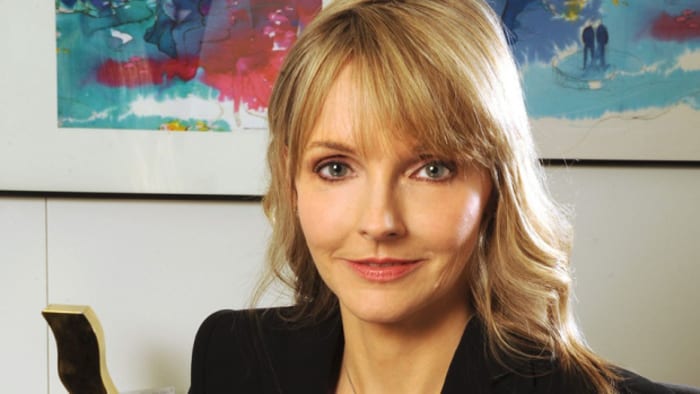
And so you would hope that more people than not have that position. It’s not always the case. And when you ask about where the gaps are, I think where the concern is, whether it’s in leadership or in media, it’s those are left behind. I think we saw through the pandemic is really widening of a gap of those that have and those that have not. You know, you’ve seen companies do incredibly well through their devastating time for people and make a lot of money. And you’ve seen people who just kind of, again, fallen out of the workforce, fallen out of society. There was no safety net for a lot of people and there still continues to be that. And so while companies are awakening to their responsibility to society, will it be fast enough to make the real change that we’re going to need in order to particularly come out of this pandemic where we’ve seen such a devastating impact on certain groups of people that aren’t represented in those groups that did well through the very.
When you think about how much negative impact there has been, it’s incredible. And those that are left behind, that’s a huge responsibility that we, as those who are not behind, need to go and fix. And I think have the same thing in media, too. It’s great to talk about our circles of media. We tend to, all of us in the media business know each other, I think we can see the edges of that. There are things outside the edges which we have to stretch and do that we don’t necessarily look towards. And you talk to the very top about the systems support all of this, particularly the media systems. They have not been reimagined in a number of years. Yes, we see new technology. There’s new ways of seeing media. There’s new ways of accessing it.
But in a lot of ways, media is funded or the media is created. There are still gatekeepers that very much reflect the values or the experiences of people who are not necessarily representative of society today. And I’m talking about the lack of diversity, the lack of female voice, the lack of… These are really, really important things that we’re going to tell, authentic stories that we talked about before. You can’t tell them authentically if you’re not telling them in the voice and with the perspective of the people you’re speaking to. So there’s a lot of gaps out there. And I think in some ways, the pandemic made the gaps even more obvious, that’s for sure. In some cases, it made them worse. But I think the good thing is out of it is more discussion is happening and society challenges the Black Lives Matter, of Me Too, of Stop Asian Hate. These are all kind of moments in time where I’m hopeful that people don’t go backwards afterwards and just kind of say, okay, we believe that that was a hashtag and now it’s over. I think people are now to a point where they want to see real systemic change. And talking about those systems, as you did at the top, that’s where we’re going to need to see a change in order to see a future.
“People are now at a point where they want to see real systemic change.” ~Kirstine Stewart
Absolutely. You know, it begs the question, a final question for you, Kirsten. Because I have to hit you up on this one. How can women leaders, who research proves to lead very different styles of leadership than their male counterparts — most of us being that we’re nurturing and rearing, or however you want to look at that, we are more positioned and poised to bring that whole kind of holistic leadership style into the infrastructure if we decide that’s the way that we want to go, and that potentially might be the best way to make sure that everyone is included. A lot of what you’ve been talking about. How do you feel something like that could happen?
We saw some great female leadership through the really challenging time of the pandemic. We saw Prime Minister Ardern in New Zealand really step up and do for her country what others couldn’t seem to do. I think we’ve all been reading the reports of the countries that have done well in supporting their communities and their citizens through the pandemic have been with female leaders more than not. And so I think to your point, there’s a lot of things that we associate with female leadership — the nurturing and empathy qualities. And hopefully, those are qualities that are also evident in a lot of male leaders that we see as well that are successful. And I think that’s it’s based on those qualities we’ll see real movement and change.
And I think it’s the it’s the assessment, the understanding that those qualities are no longer nice to have. They’re actually imperatives, they’re must-haves because we need that holistic approach. We need that that world view, that consultative understanding. I would not expect any leader that I would vote into position to know necessarily how to scientifically handle a pandemic, as we just had to, as we just had to be faced with. And yet I would expect them to know who to tap into and who to listen to in order to make informed decisions that will help me as their citizen thrive and survive. So that consultative approach, that understanding of the world around them and the holistic decision making that needs to take place, I think does tend to be inherent in female leadership. But anybody who has those traits, that’s where we’ll see success.
“We are in this kind of place in time where never has anything been more messy, but never has there been any more hope“~Kirsten Stewart
Absolutely. Kirstine, what a pleasure. I could talk to you for hours. It’s just such a wealth of knowledge and perspective. Right.
It’s so nice to catch up too. It’s hard being locked down on either side of the borders right now. So it’s nice to see you here from L.A.
Absolutely, oh, my gosh, I wish I was there. It’s snowing here right now, believe it or not.
I heard. I heard. Well, it’s still spring, right?
Absolutely. It’s not over until it’s mid-May. Oh, my gosh. I’m telling you. Absolutely agreed. So any final words that you want to close off with Kirstine, to just kind of pull this whole idea of why we need more holistic leadership in media? Because in media still is king. Content still is king. Content still is the most powerful force because it allows us to have a platform to say and be who we need to be. What are your thoughts?
“Media still is king. Content still is king. Content still is the most powerful force because it allows us to have a platform to say and be who we need to be.” ~Raj Girn
I think you’re right we need a platform. The reason I was very attracted to move from something like the CBC to Twitter was the opportunity to, again, bring power into the individual hands. Anybody who had a cell phone could tweet anybody who now has a cell phone, can make a video, put up a TikTok, make a podcast. The empowerment going beyond organizations to individuals has been incredibly inspiring. I think what we’re challenged to do is make sure that those voices are heard. It’s not good enough just to hand the microphone. You have to plug in the microphone into an amplifier at the same time. And I think those amplifiers are somewhat missing. And that’s a structural problem that we have that we need to fix, that we can fix because the structures are still there. As you pointed out at the top, they just haven’t changed over the generations. Now they need to. And so I think I leave you with I think it’s fantastic that people like yourselves have really figured out ways to build incredibly compelling content through the tools that you have at hand. I think it’s inherent on those that maybe have access to the amplifier to help amplify those messages and those stories so that we’re all being heard.
Such a powerful ending. Thank you so much, Kirstine. What an absolute pleasure. I really want to bring you on again, because you know that I have to pick your brain on everything else that’s been going on out there, because I know that you have very specific perspectives and a unique take from the experiences that you’ve had and kind of the position you’re in right now where you’re seeing a lot of what’s happening around the world, where the intersection of technology and media and what that actually means for so many other things like commerce. There’s so many things we haven’t talked about yet.
Payments, everything. Yeah, the whole cycle out there. That’s fascinating right now. Yes, absolutely.
Absolutely. Thank you so much, Kirstine. Such a pleasure to have you on. Thank you.
Thank you. Thank you, Raj. Take care.
You too. Bye bye now. Bye.
Thank you so much for staying till the end, guys. I really hope you enjoyed the show and will action the many insights that were shared, some of which are a part of a larger discussion about how fractured our current infrastructure is because it hasn’t seen the same rate of evolution that digitization, social and ethical responsibility and multigenerational workforce values are demanding. If you haven’t already done so, an excellent example of exploring some of these concepts can be read in Kirstine’s best-selling book, Our Turn, that addresses a lot of this from the female leadership perspective. I highly recommend that you go pick up a copy because it’s both insightful and easy to read the best kind of self-help book. Right, guys? My hope with this episode is that it will open your mind to think about your own relationship with leadership and authentic storytelling to further deepen your relationships down and across your ecosystem
If you found this episode to be valuable, I’m so glad. I ask that you subscribe to this podcast. On the Apple, Android and Spotify platforms, search ‘The Transform Your Confidence Show,’ on our YouTube channel at The Open Shows Confidence Academy. And if you’re an avid reader, we’ve also transcribed every podcast into a blog which you can access at TheOpenChestConfidenceAcademy.com/media/our-media and please share with your networks so that they can also garner insights that I bring into each carefully curated show. And I invite you to join me in my private Facebook group at The Transform Your Confidence, where I share knowledge and resources about mindset, media, communications, branding, marketing, leadership and advocacy for busy executives and entrepreneurs like you who are seeking to elevate the quality of their life. I pop in the group regularly to answer questions that members may have on any of these topics. So hop on over. It’s free and insightful and full of great networking opportunities with people from around the world who, like you, are seeking to grow level up and accomplish the next big thing in their lives. As always, thanks for tuning in, guys. And until next episode, take care of yourself.




